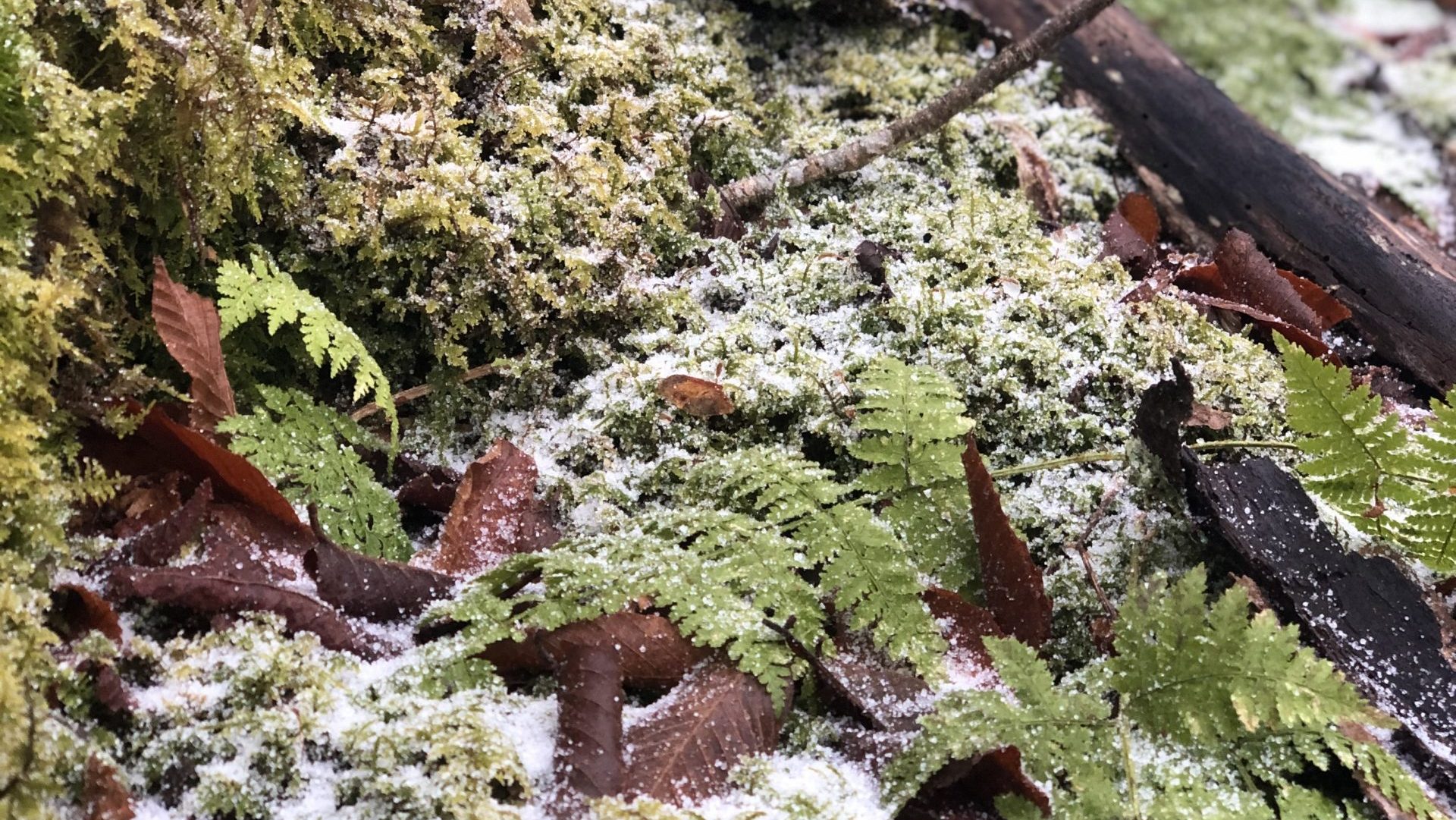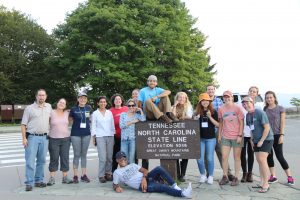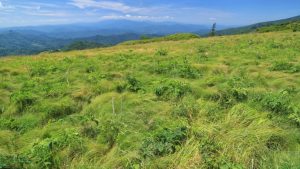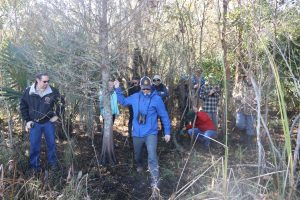Southeast CASC 2019 Retrospective

As we start a new year and new decade, the Southeast Climate Adaptation Science Center takes a look back at a few of the many accomplishments of 2019 that we’ll be building on in the year ahead.
Publications
We added over 25 new publications to our database of peer-reviewed reports and journal articles supported by SE CASC. For example, an Ecological Society of America article led by SE CASC researcher, Mitch Eaton, which utilized Modern Portfolio Theory to create a framework for evaluating multiple conservation objectives, allowing decision makers to balance management benefits and risk when preferences are contested or unknown.
Global Change Fellows

SE CASC staff, Global Change Fellows, and Consortium University students and faculty travelled to the Great Smoky Mountains for the Climate Adaptation Science Field Intensive, which utilized place-based learning to introduce multidisciplinary graduate students to the principles of climate science, structured decision making, co-produced actionable science, engagement with Tribal Nations, science communication, and climate adaptation challenges of resource managers. News post.
The Global Change Fellows hosted live-streamed seminars to prompt informed discussions on various issues related to climate change. Topics included:
– Current State of Sea Level Rise in North Carolina
– RISING: Human Story of Sea Level Rise
– Coastal Infrastructure in a Changing Climate
– Hurricanes: Extreme Weather in a Changing Climate
– Mapping Biodiversity in a Changing World
– Global Change and Adaptation in Agriculture
You can view summaries and recordings of some of these presentations here.
Research
In 2019 our dedicated team of researchers…
 – Created a management and planning tool to help National Park managers prioritize projects and visualize the impact of a range of decisions over a 30-year planning horizon as they face challenges of preserving historic and cultural resources in changing climate and budget scenarios. Researchers are continuing work to expand and test the model at additional parks. News post.
– Created a management and planning tool to help National Park managers prioritize projects and visualize the impact of a range of decisions over a 30-year planning horizon as they face challenges of preserving historic and cultural resources in changing climate and budget scenarios. Researchers are continuing work to expand and test the model at additional parks. News post.
– Developed a simple conceptual framework for anticipating, studying, and managing climate-change impacts in “insular ecosystems” — small habitat patches such as rock outcrops, bogs, springs, sinkholes, cliffs, glades, barrens, and mountain balds, which often support rare species that have adapted to these unique landscape features. News post.
– Continued work using urban heat islands as a proxy to investigate impacts of global warming on forests, building on findings that urban trees suffer higher infestations of herbivorous insects and greater drought stress compared to rural trees. Research showed that urban tree health did not vary with latitudinal temperature in eastern US but was best predicted by local urbanization and herbivore abundance. Urban forest fragments were shown to protect trees from urban heat island and concomitant pests, with lower pest density seen in a high-latitude city compared to a mid-latitude city due to background climate. News post.
– Collaborated with the Wildlife Diversity Committee of the Southeastern Association of Fish and Wildlife Agencies and other scientific experts to develop a new list of “Regional Species of Greatest Conservation Need.” News post.
– Initiated five new actionable science projects. View our 2019 projects.
Outreach
 The SE CASC held its inaugural Regional Science Symposium in New Orleans, Louisiana. Researchers, managers, decision makers, practitioners, and community members joined together for a three-day symposium focused on sharing climate adaptation science and practices, identifying gaps and needs for actionable science, and cultivating important partnerships, collaborations, and opportunities. On the final day of the symposium, we traveled to the Barataria Preserve in the nearby Jean Lafitte National Historical Park and Preserve to explore Louisiana’s bayous, swamps, marshes, and forests, all while learning about climate impacts and research. Thank you to all who participated in the symposium!
The SE CASC held its inaugural Regional Science Symposium in New Orleans, Louisiana. Researchers, managers, decision makers, practitioners, and community members joined together for a three-day symposium focused on sharing climate adaptation science and practices, identifying gaps and needs for actionable science, and cultivating important partnerships, collaborations, and opportunities. On the final day of the symposium, we traveled to the Barataria Preserve in the nearby Jean Lafitte National Historical Park and Preserve to explore Louisiana’s bayous, swamps, marshes, and forests, all while learning about climate impacts and research. Thank you to all who participated in the symposium!
A Look Ahead to 2020
- We will be continuing our webinar series diving into the Fourth National Climate Assessment, featuring a presentation on the NCA4 Southeast chapter Key Message 4: Economic and Health Risks for Rural Communities on January 15th at 12pm ET. More information.
- New research projects are kicking off, implementing themes described in Science Priorities and Principles of Operation for the SE CASC.
- We are now accepting Statement of Interests for FY 2020 project funding. Learn more.
- Nominations are being accepted from Faculty Affiliates for our 2020-2021 cohort of Global Change Fellows. More information.
- Our Global Change Fellows will host their first seminar of the spring semester on Thursday, February 6th.
To stay updated and informed about SE CASC related news and events, you can follow us on Twitter @se_casc and subscribe to our newsletter.
- Categories:
